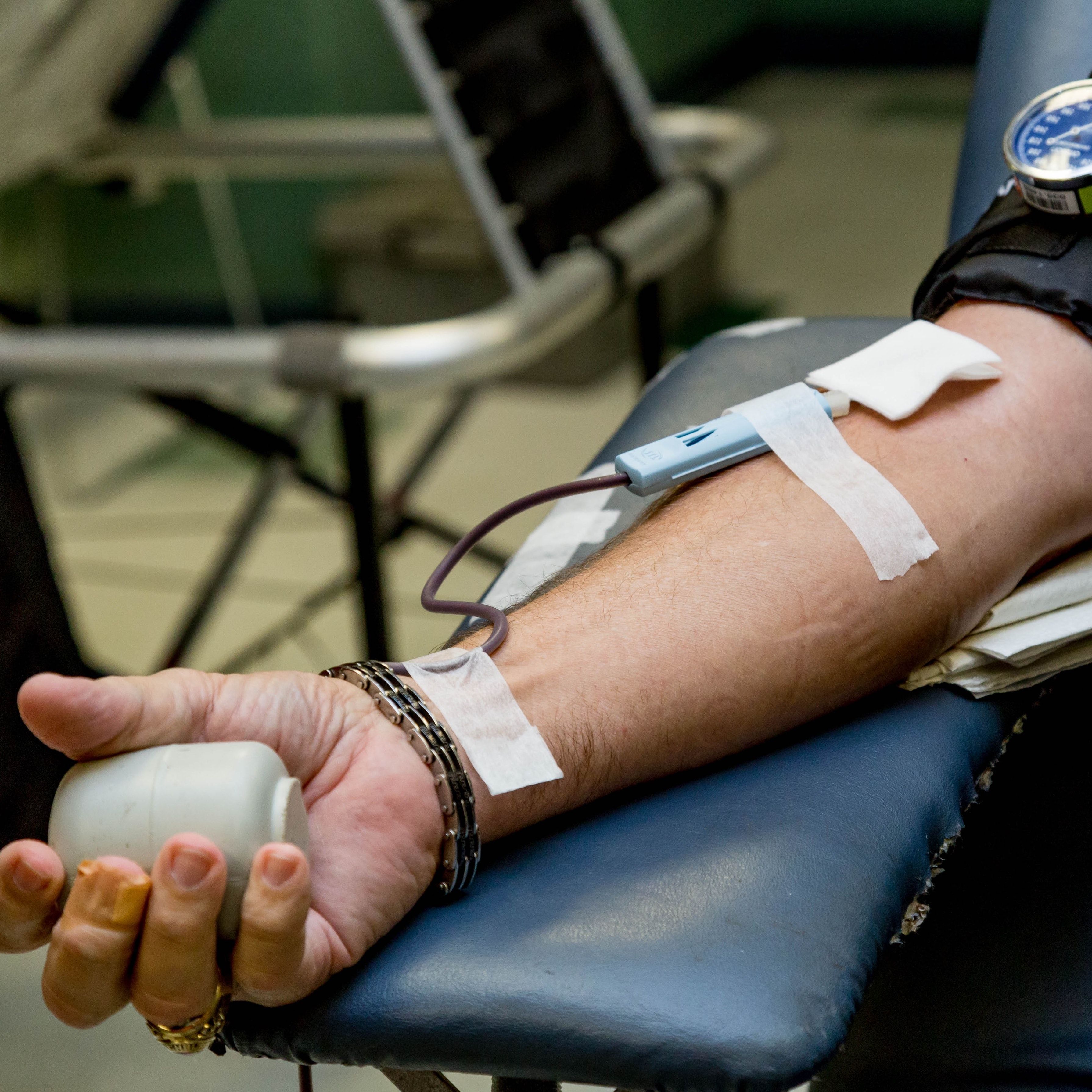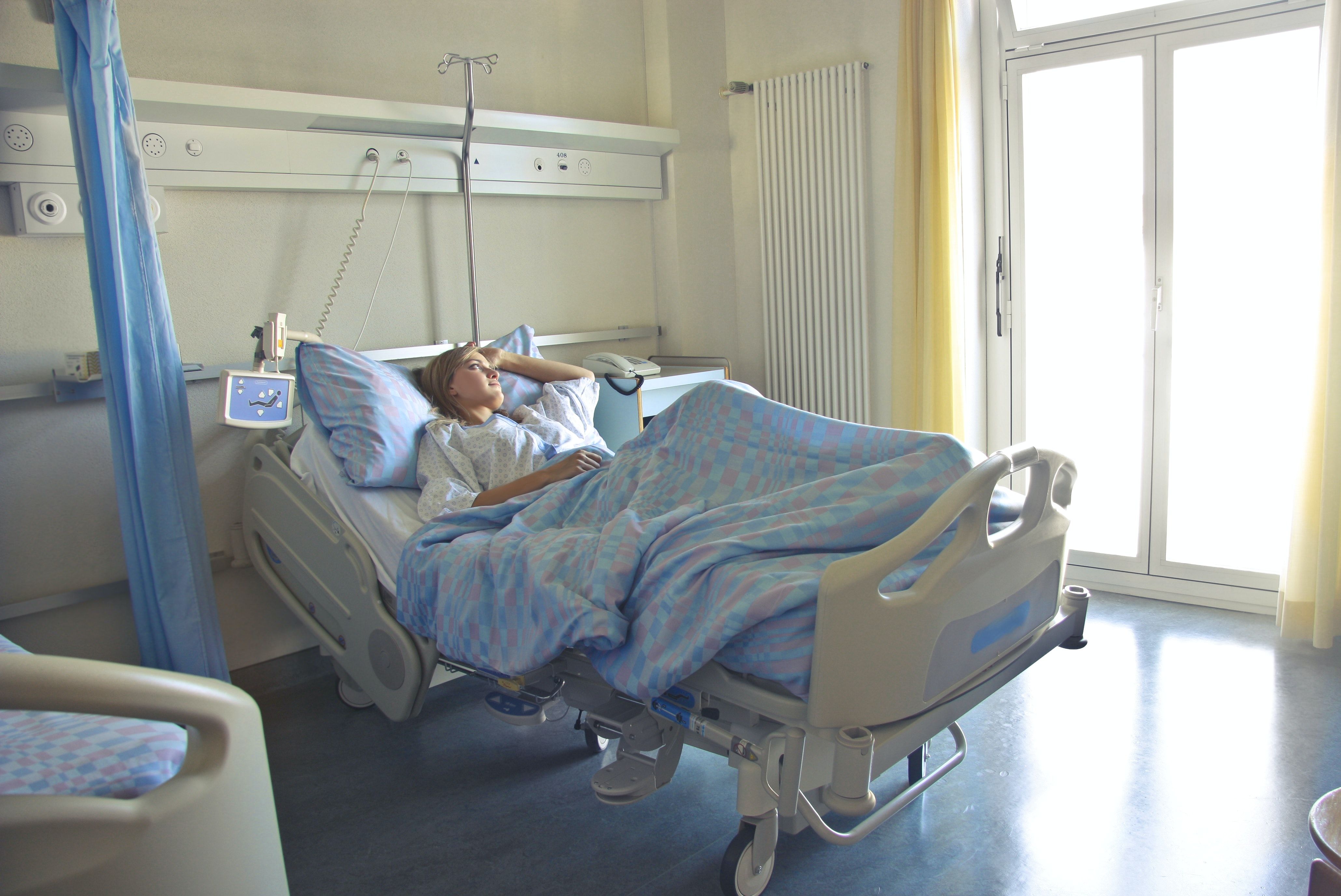Article
ART Therapy Appears to Lower HPV, Cervical Cancer Rates
Author(s):
A new meta-analysis suggests ART therapy has a positive impact on HPV and cervical cancer rates.
Helen Kelly, PhD, assistant professor, London School of Hygiene and Tropical Medicine

Helen Kelly, PhD
Early uptake of antiretroviral therapy (ART) for women with HIV could lower the risk of a patient contracting high-risk human papillomavirus (HPV) and could ultimately decrease rates of cervical cancer in those patients, a new review finds.
A team of British and Spanish researchers conducted a meta-analysis of studies that compared rates of high-risk HPV and high-grade cervical lesions among women living with HIV. The analysis showed that ART treatment was associated with lower rates of high-risk HPV and invasive cervical cancer. ART also appeared to curb squamous intraepithelial lesions (SIL) and cervical intraepithelial neoplasia (CIN), both of which can lead to cancer.
In an email interview with MD Magazine, study co-authors Helen Kelly, PhD, and Phillippe Mayaud, MD, said the meta-analysis was an attempt to gain some clarity about ART’s impact on HPV.
“This study was necessary because there was some contradictory information in the field about the impact of ART on cervical HPV and associated disease, with some studies reporting a lower risk of HPV and associated cervical disease among ART users, while other studies found no such effect,” Kelly and Mayaud said.
The 2 co-authors are affiliated with the London School of Hygiene and Tropical Medicine.
Their research group had previously found that ART’s impact on HPV appears to depend in part on when ART was initiated and how long the patient had been taking the therapy.
The positive impact of ART is likely a result of the therapy’s impact on the immune system, Kelly and Mayaud said, though additional research is ongoing to find out if there might be something about the ART therapy itself that also assists in combatting HPV.
“It is correct that the lower rates are probably due to an early immune reconstitution provided by ART,” the co-authors said. “We are not aware of a direct effect of antiretrovirals on HPV or CIN, but this is an interesting area of research that we are exploring further, including whether some ART regimens may appear more beneficial than others.”
Many of the studies included in the meta-analysis used a binary category for HIV patients — those on ART versus those not on the therapy — limiting the insights researchers could draw about variances in ART treatment or viral load of the patients enrolled. It was also not clear in all of the studies whether the patients on ART were also on other concurrent therapies.
Still, the new evidence suggests ART can have significant health outcome implications for patients above and beyond suppressing HIV.
Kelly and Mayaud said the findings should underscore the importance of prompt ART initiation and compliance.
“This study highlights the importance of frequent screening of [women living with HIV] who have a much higher risk of high-grade CIN compared to HIV uninfected women,” the authors said. “As well as early ART initiation, once ART is started, it is important to maintain adherence (as generally recommended) otherwise the beneficial effects of ART might be lost. In settings where immediate/early access to ART is not possible, ART-naive women should be screened regularly.”
The research, which was published in the January edition of The Lancet HIV, is titled “Association of antiretroviral therapy with high-risk human papillomavirus, cervical intraepithelial neoplasia, and invasive cervical cancer in women living with HIV: a systematic review and meta-analysis.” The paper is open access and can be read in full at this link.
Related Coverage >>>
Lyndra Announces Feasibility Study of Oral Once-Weekly HIV Drug





